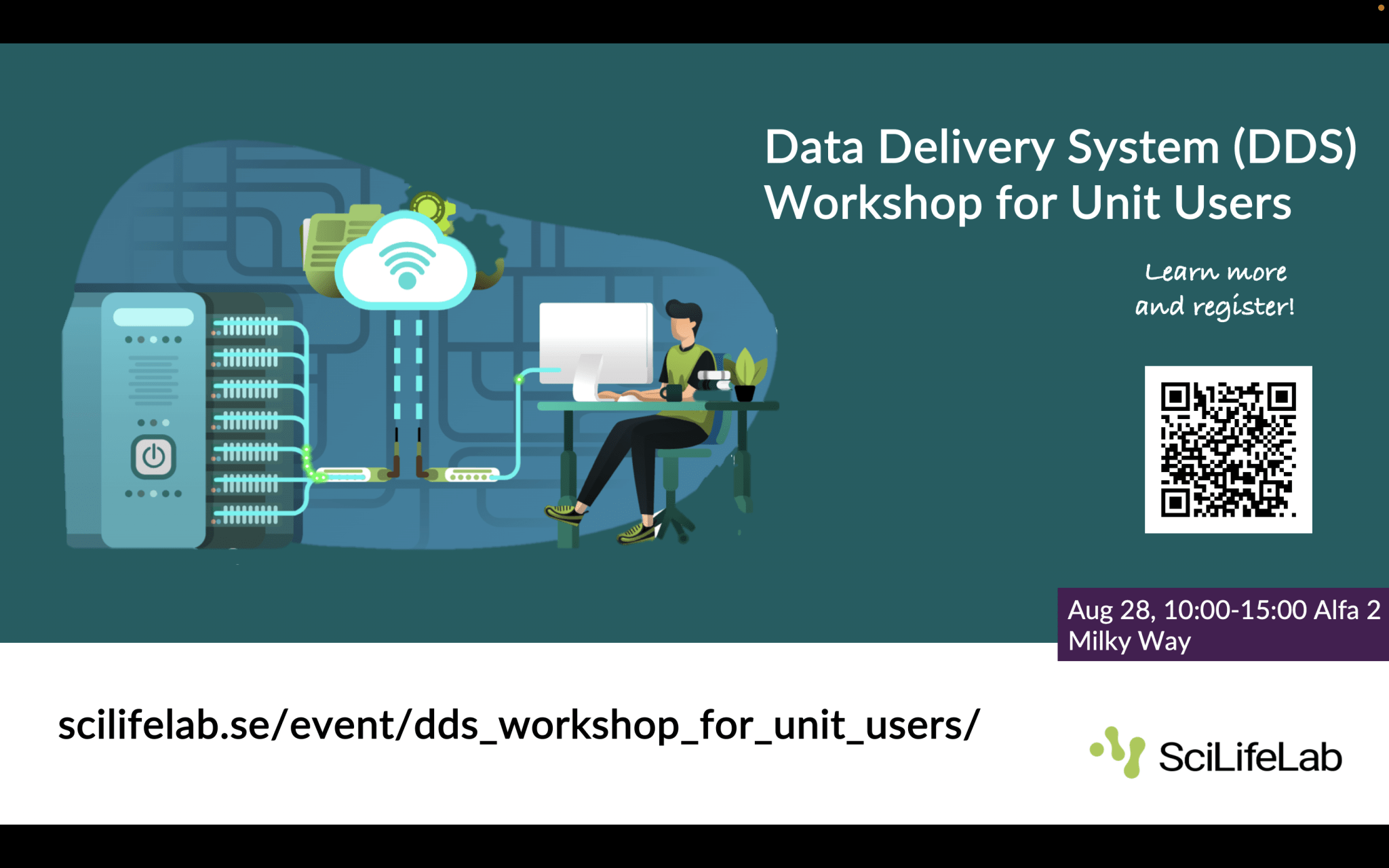R Programming Foundations for Data Analysis
October 28, 2024 @ 09:00 – November 1, 2024 @ 17:00 CET
The course is addressed to individuals with little or no experience in programming but who are enthusiastic about learning how to use R for data analysis and streamline their work. It is a national course open for PhD students, postdocs, researchers and other employees in all Swedish. We also welcome applications from outside of Sweden (EU-zone) and from the non-academic sector, for more info contact us. NOTE: In October 2024, the course will be a 5-day-course on-site both in Uppsala and Lund.
Venue – onsite
- Uppsala University: Experimental room, Campus Blåsenhus, von Kraemers allé 1A, 2nd floor
- Lund University: Retina D227, Biologihuset
Important dates
- Application open: August 08, 2024
- Application deadline: September 30, 2024
- Confirmation to accepted students: October 4, 2024
Responsible teachers: Nima Rafati, Guilherme Dias, Miguel Angel Redondo, Marcin Kierczak, Lokeshwaran Manoharan, Louella Vasquez
Contact for questions: edu.r@nbis.se
Course fee
A course fee* of 3000 SEK for non-profit organizations or 15000 SEK for private companies will be invoiced to accepted participants. This includes lunches, coffee, snacks, and one course dinner.
*Please note that NBIS cannot invoice individuals
Course content
The course covers fundamental concepts of programming and software design focusing on programming in R. We will go through various aspects of R scripting. After introductory lectures on good programming practices, basic software design theory and a brief overview of R, we will delve into programming. We start by learning how to use R as a basic calculator, what are variable types, how to use data structures, how to implement repeating actions with and without loops, and how to take actions based on certain conditions. We gradually proceed to loading data, importing data from common file formats, some basic matrix algebra and learning how to perform basic statistical tests and visualize results. You will learn how to document your work and how to generate automatic reports using real-life datasets. During the course you will also be working on a small dataset to apply knowledge you learnt in the course and will present that in a report format towards the end of the workshop.
Topics covered will include:
- Variables and Operators
- Matrices, lists, and dataframes
- Data manipulation
- Visualization
- R packages
- Bioconductor
Upon completion of this course, you will be able to:
- Describe different data structures commonly used in R.
- Work with different data types.
- Import and export data from and to R environment.
- Manipulate data.
- Work with dataframes and lists.
- Visualize the data.
- Use R Markdown to create reports containing text, code, tables and/or figures.
Entry requirements
Good general computer literacy is expected, but no previous experience in programming or R is required. You are expected to know basic concepts in mathematics and statistics, but the emphasis of the course is to learn how to use R.
Participants are expected to use their own computers with pre-installed R and R Studio (detailed instructions will be given upon acceptance).
Due to our best practice to have a high teacher to student ratio, there are a maximum number of allowed participants. If we receive more applications, participants will be selected based on several criteria. Selection criteria include correct entry requirements, motivation to attend the course as well as gender and geographical balance.

